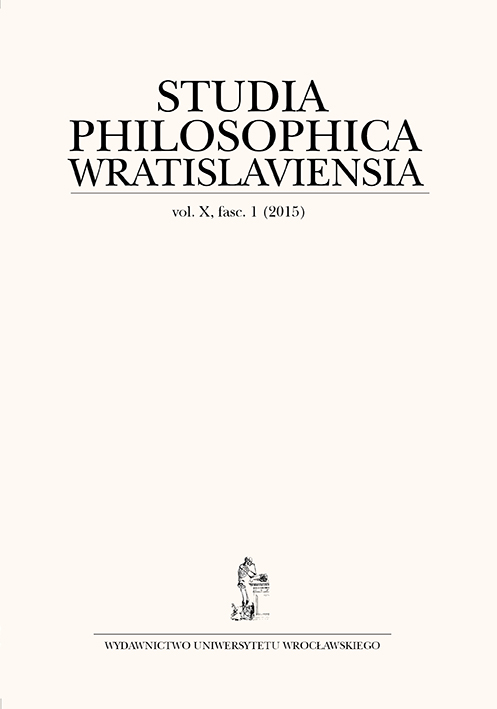

ARTYKUŁY

David Bloor’s account of the relativism–absolutism opposition
The paper presents a reconstruction and analysis of the main elements in David Bloor’s recently formulated account of relativism and absolutism. Relativism in Bloor’s sense claims that all knowledge that we can possess is conditioned i.e. has natural causes, and thus cannot be ultimate and necessary. Relativism in this sense is grounded on a broader perspective, called by Bloor “naturalism,” according to which science should treat all phenomena as natural, i.e. explain them in natural categories. One of the main theses of the present paper is that this grounding of relativism on naturalism implies that relativism in Bloor’s sense in not a thesis, but rather an approach, and consequently Bloor’s anti-absolutistic argument becomes problematic. Besides, the paper reconstructs Bloor’s critique of standard anti-relativistic arguments in his account they are all mistaken, because they do not attack relativism, but rather certain easily dismissed stereotype that in reality has no connection with relativism properly understood, and his depiction of relativism’s relation to practice in his account it does not enforce instability or lack of resoluteness — on the contrary, a relativist can be aware of relativity of his own position and nonetheless stand by it firmly.